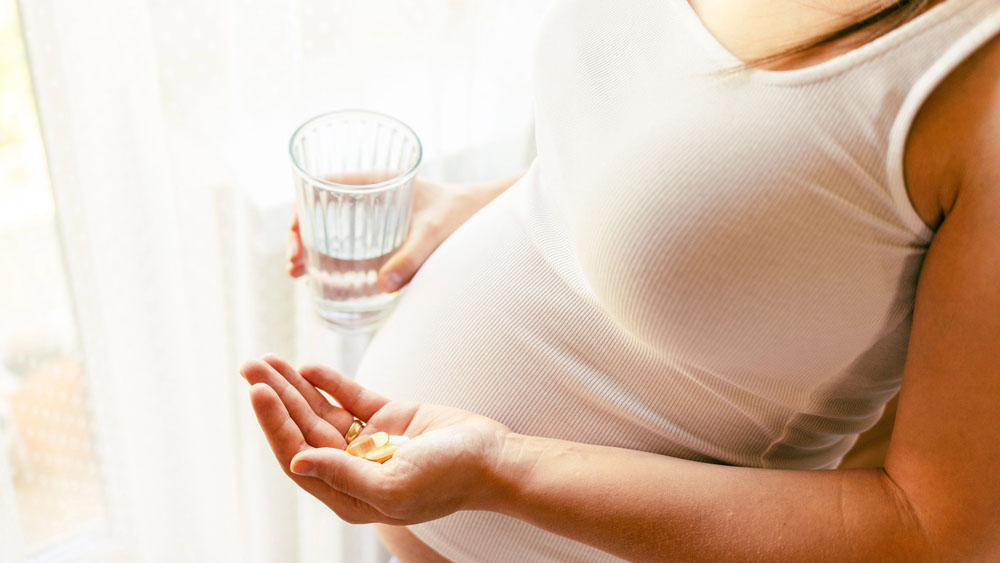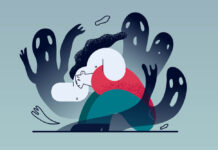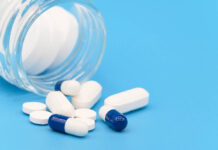In a recent article, researchers argue that guidelines for depression in pregnancy should include nutrition, diet, and micronutrient supplementation. They review the evidence from their recent placebo-controlled trial, NUTRIMUM, and its naturalistic follow-up, which demonstrated that micronutrient supplementation led to better outcomes than antidepressants for both depressed pregnant mothers and their babies.
“Additional micronutrients […] mitigated the negative effects of depression on birth outcomes and improved early indicators of infant competencies, with more favourable birth and infant outcomes compared to antidepressants,” the researchers write.
The researchers were led by Julia Rucklidge at the University of Canterbury, New Zealand. The article was published in The New Zealand Medical Journal. Rucklidge has been interviewed by Mad in America about her work.
While NUTRIMUM has some limitations, of course, it is notable that the recommendation to take antidepressants in pregnancy does not arise from even this level of evidence.
Rucklidge writes, “There are no controlled trials of antidepressants during pregnancy to compare these results to.”
In contrast to the lack of evidence for antidepressant efficacy in pregnancy, there is a large body of research on the harmful impact of psychiatric drugs in pregnancy. In particular, studies have found antidepressant use in pregnancy linked to outcomes like preterm birth, birth defects, developmental problems, cardiopulmonary problems, and even death. And babies experience antidepressant withdrawal after birth, termed “neonatal withdrawal syndrome.” Symptoms include hypoglycemia, tremors, hypotonia, hypertonia, tachycardia, rapid breathing, and respiratory distress. One study found that this syndrome occurred in 30% of babies exposed to antidepressants and 0% of those who were not.
Studies have also shown that the impact of these drugs on the fetus persists, leading to more fearful and depressed adolescents—an effect that was not explained by maternal depression.
Reached for comment via email, Rucklidge wrote to Mad in America, “Even with only one RCT, we now have more evidence than for antidepressants of the benefits of micronutrients in improving depression and staving off post-natal depression, while supporting infants to a better start to life. Why wouldn’t we investigate the potential benefit to future generations by focusing on food and nutrition first?”
















Cool, now wait till they learn “depression” isn’t a real thing beyond “man I feel so awful and hopeless living in a society that demands our lifelong slavery and is so afraid of uteruses that we’d rather people bleed out and die in hospital parking lots than actually do healthcare on them like they’re human beings, assuming they could even afford to have a baby when they can’t get enough time off work to even bond and recover before being forced back into the slave grind again under threat of losing the health insurance that didn’t even cover jack shit to begin with, and is STILL fighting to put them into hundreds of thousands of dollars of debt.”
But sure, it’s “depression”.
I’m pro vitamins and micronutrients, certainly moreso than antidepressants. But I’m also damn sure pregnant or postpartum depression wouldn’t exist in a society that actually supported parents and child-rearing.
Report comment
Of Hopes and Floats and Boats
Oh, thank you, Dead –
Reminding me: Bleep!
Souls can’t die but can sleep:
We may be on Titanic’s deck
And staring at the dark deep
We may see nothing but shipwreck
And, scrambling for the life belts,
Here leading men scream
“White guys first!”
And “Kds and gals are not us!”
We may be on Titanic’s deck
And staring at a shipwreck
But you spoke up and, what the heck,
We know that Hope floats all boats.”
“Once made equal to man, woman becomes his superior.” – Socrates, reportedly.
And Jesus fed 5,000 – “not counting the women and children,” reportedly.
“Nature has given women so much power that the law has very wisely given them little.” – Samuel Johnson.
“No man chooses evil because it is evil; he only mistakes it for happiness, the good he seeks.” – Mary Wollstonecraft Shelley.
And then there were all Gandhi’s remarks…
But, dear Dead soul, IFFFF we are all equal, it can only be as souls, surely – and ones who were not created, but always (inter-)ARE?
MUCH love.
MANY thanks!
C’mon the girls!
C’mon ALL of us!
Tom.
Report comment
Both can be true: Post partum depression is present in a portion of new mothers. And we desperately need more support services for many mothers.
Report comment
Postpartum Depression is a description, nothing more. There is no specific cause that’s ever been identified, and in fact, there are dozens and dozens of reasons why a new mom (or dad) might be depressed. The concept of “postpartum depression” blames all feelings of depression on the mother, when in fact, social supports (or lack of them) combined with changes in social expectations plus lack of sleep and so forth explain most of the “PPD” that exists.
Report comment
“Better Than Antidepressants ” – so would astrology be, I’m guessing. For anyone.
Report comment
This makes complete logical sense, especially because a number of women potentially could get nutritional deficiencies due to food aversions during pregnancy.
Report comment
Using AI, of course, we may soon discover that it is a certain combination of ingredients or a single ingredient that makes all the difference…and that we were incredibly stupid, partly due to our nutrient-not-so-dense diets, to have expected us to function at our best without nutrient-dense diets.
When Mom (who knew she was pregnant every single time when she -or her gall bladder couldn’t face her coffee anymore, so that we all five of us suffer from fetal decaffeination syndrome) used to tell us that this or that was good for our blood or bones or…it never occurred to me to figure that, Sure, of COURSE, it was – if you were lacking whatever!
Speaking of “FUNCTION,” by the way, since reading of “high-functioning depression” recently, don’t you wonder how mucked up a civilization needs to be to accept that term as a non-oxymoron?
And might the rising cost of coffee spell the end of our “functioning” worlds as we know them?
“If you want to understand a society, take a good look at the drugs it uses. And what can this tell you about American culture? Well, look at the drugs we use. Except for pharmaceutical poison, there are essentially only two drugs that Western civilization tolerates: Caffeine from Monday to Friday to energize you enough to make you a productive member of society, and alcohol from Friday to Monday to keep you too stupid to figure out the prison that you are living in.” – Bill Hicks.
Decaffeinatingly yours, as ever,
Tom.
Report comment